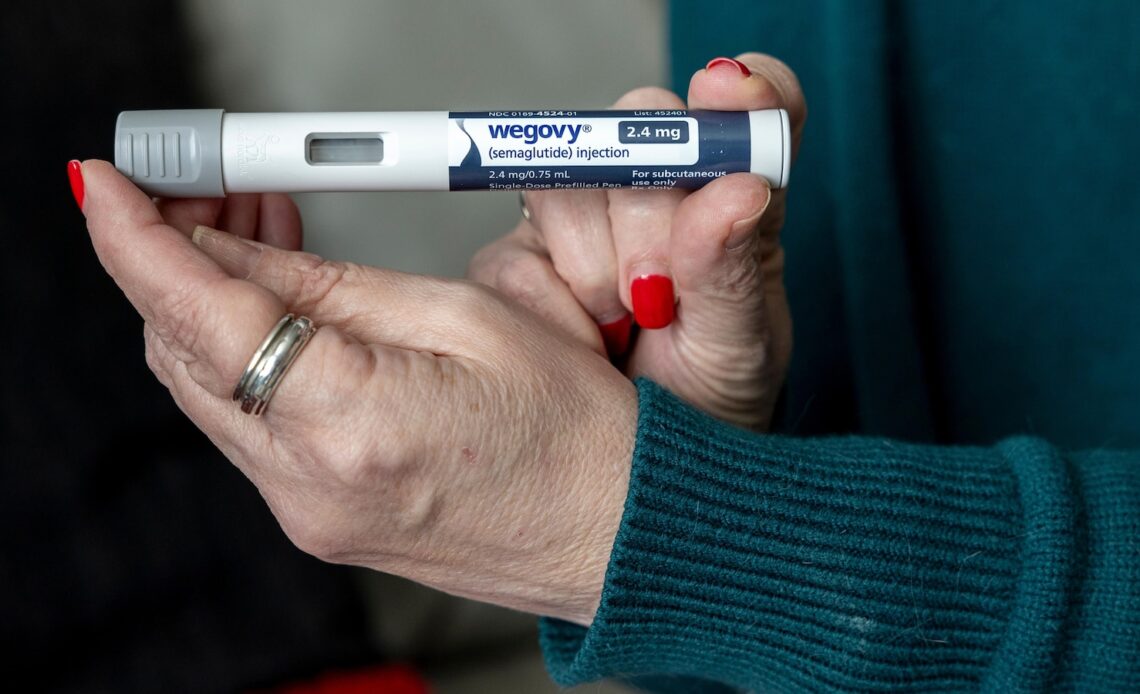WASHINGTON — Millions of obese Americans would get access to popular weekly injectables that would help them shed pounds quickly if a $ 35 billion proposal from the Biden administration is blessed by President-elect Donald Trump.
The rule, unveiled Tuesday by the Health and Human Services Department, would require Medicare and Medicaid to cover weight-loss drugs like Wegovy or Zepbound for a large segment of Americans who are obese.
But it’s unclear if the proposal, which would not go into effect until after Trump takes office, will have support from his new administration — including from Robert F. Kennedy Jr., an opponent of the drugs whom the president-elect has tapped to serve as head of HHS.
Here’s what to know about the drugs and the Biden administration’s proposal:
The weight-loss drugs, also called anti-obesity medications or GLP-1s, mimic the hormone known as glucagon-like peptide 1, which regulates appetites by communicating fullness between the gut and brain when people eat.
The drugs include Novo Nordisk’s Wegovy and Ozempic as well as Eli Lilly’s Zepbound and Mounjaro.
In clinical trials, most participants taking Wegovy or Mounjaro to treat obesity lost an average of 15% to 22% of their body weight — up to 50 pounds or more in many cases. But a slice of “nonresponders” did not lose significant body weight.
Private health insurers have limited coverage of the drugs. Medicare has been barred from covering them under a law that says the program cannot pay for weight-loss products. Coverage through Medicaid, meanwhile, has varied from state to state.
That’s meant the drugs — which can cost upwards of $1,000 monthly — have been largely unaffordable for many.
The rule announced Tuesday affects Medicaid, which provides health care coverage for roughly 70 million of the nation’s poorest people, and Medicare, the health insurance program for about 67 million older Americans.
Under the proposal, the Centers for Medicare and Medicaid Services, or CMS, would reinterpret the federal law, to consider the drugs as a treatment for obesity diseases.
The nation’s top health agency estimates as many as 3.5 million people on Medicare and 4 million on Medicaid could qualify for coverage of the drugs. But research suggests far more people might qualify, with the Centers for Medicare and Medicaid Services estimating roughly 28 million people on Medicaid are considered obese.
And the proposal would cost a lot of money — at least $35 billion…
Click Here to Read the Full Original Article at ABC News: Health…

